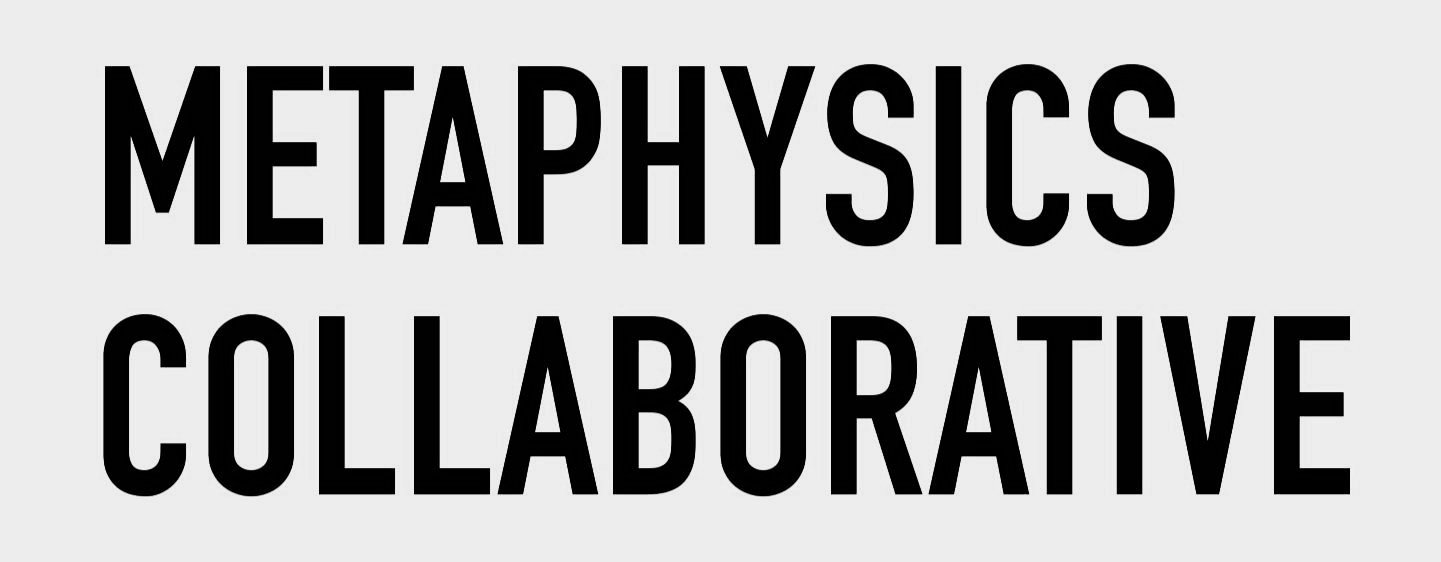Upcoming Events
CFP: MEtaphysics, “Aristotle’s De Anima”
We invite submissions exploring topics connected to Aristotle’s De Anima, both from a contemporary and a historical point of view, for a special issue of the open-access, peer-reviewed, online journal, Metaphysics, co-edited by Kathrin Koslicki and Michael Raven, to be published in 2024.
Aristotle’s De Anima has proven to be an extremely fertile ground on which to debate not only philosophical questions relating to specific psychological phenomena (e.g., perception, sleep, or dreaming), but also more general questions concerning the applicability of central components of Aristotle’s framework to the particular case of living organisms. Such questions include, but are not limited to, the following:
How does Aristotle apply his general hylomorphic framework to the soul in De Anima? What sorts of difficulties arise from Aristotle’s attempt to apply his general hylomorphic framework to the soul in De Anima? And how, if at all, are these difficulties resolved?
How do the soul and the body together constitute a unified living organism?
Does it make sense to think of “living” or “being alive” as coming in degrees?
Does the soul have parts? If so, what are they and how does this affect the unity of the soul and the living organism?
What does it mean for the soul to have causal priority over the body and the living organism, in the sense of formal, final, and efficient cause?
In what sense, if any, does Aristotle want to maintain that the soul, or aspects (parts, capacities, etc.) of the soul, are separable from the body, or aspects of the body? What might Aristotle’s motivation be for maintaining such a view? How should we construe the notion of separability in this context?
Why, according to Aristotle, did his predecessors wrongly infer that souls must themselves be subject to motion or change if they are to initiate motion or change?
How should the senses be individuated on Aristotle’s account? What is the place of the intervening medium in Aristotle’s account of the sensory modalities?
What is the best way to understand Aristotle’s account of perception as involving the “reception” of forms without matter?
What is the best way to understand Aristotle’s extension of his model of form receptivity from the case of perception to the case of reasoning?
How do desire and imagination fit into Aristotle’s conception of the soul? Are they themselves to be recognized as faculties of the soul? What is the status of desire and imagination relative to nourishment and growth, perception, locomotion, and thought?
How, for Aristotle, is perception related to pleasure and the good?
Papers should be submitted through the journal’s online platform. Prior to submitting your paper, please consult the journal’s submission guidelines. Submission Deadline: March 31, 2024.
CFP: Metaphysics, “Digital Artifacts”
We invite submissions on the topic of “Digital Artifacts” for the next issue of the open-access, peer-reviewed, online journal, Metaphysics, co-edited by Kathrin Koslicki and Michael Raven. The guest-editor for this issue is Alexandre Declos (Postdoctoral researcher, University of Neuchatel).
The category of digital artifacts includes things such as computer programs, simulations, websites, data, virtual environments, memes, videogames, NFTs, digital artworks, or smartphone apps. Although these entities have become pervasive in our daily lives, they have received comparatively little attention in the recent metaphysics literature.
This special issue shall be dedicated to investigating the ontological issues raised by this peculiar sub-class of artifacts. For more information and instructions for submission, please see: https://philevents.org/event/show/116030
2023 “De Anima” Speaker Series
Speaker series held at the University of Neuchâtel during the Fall 2023, organized by Kathrin Koslicki (Université of Neuchâtel), in conjunction with an MA seminar on Aristotle’s De Anima, with support by the Paul Schmitt Foundation.
September 26, 2023: Klaus Corcilius (University of Tübingen), “Hylomorphism and the Causal Role of the Soul in Aristotle”
October 10, 2023: Caleb Cohoe (MSU Denver), “Aisthēsis and Noēsis as Perfect Activities: Connecting Energeia with Ways of Being and Living”
October 23, 2023: Chris Shields (UC San Diego), "Good, Bad, Better, Worse"
October 24, 2023: Chris Shields (UC San Diego), “For the Sake of the Soul”
October 31, 2023: Paolo Natali (University of Geneva), “Appearance and Belief in Aristotle’s De Anima”
November 14, 2023: Samuel Meister (University of Tübingen), “How to Define an Affection of the Soul with Aristotle”
November 21, 2023: Marc Gasser-Wingate (Boston University), "Aristotle on Perception, Pleasure, and the Good"

